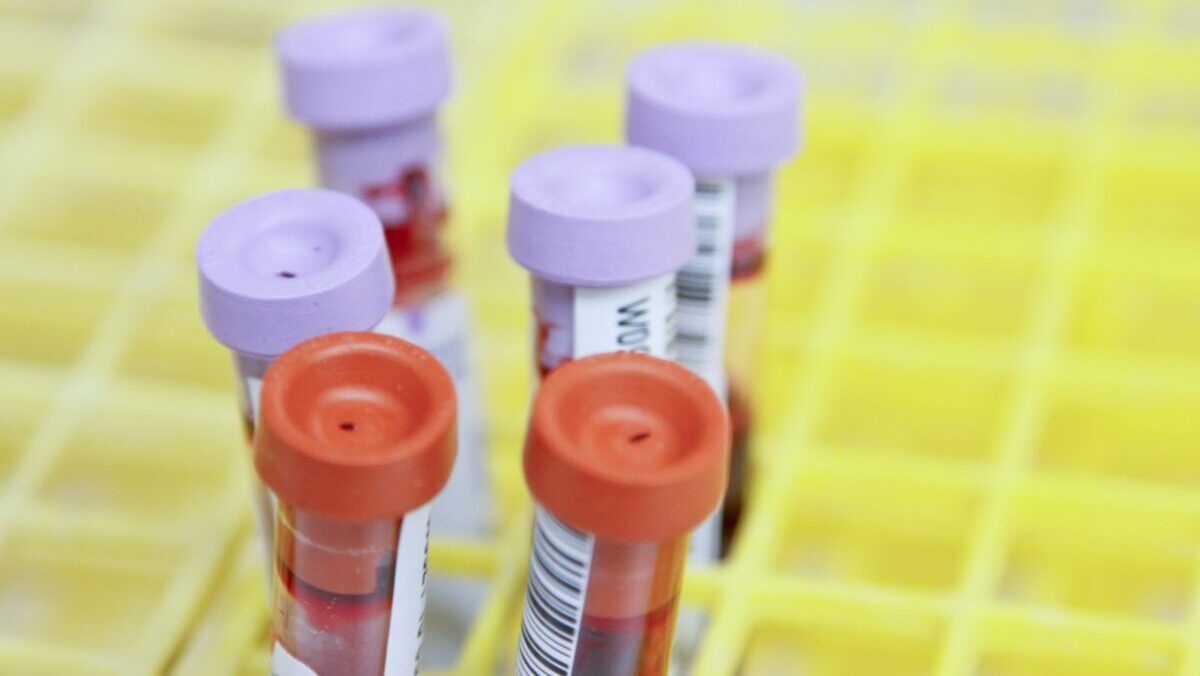A new blood test could help doctors diagnose Alzheimer’s disease more accurately in a primary care setting, leading to crucial early interventions in treatment.
Researchers at Lund University in Sweden conducted a trial of the new blood test on 1,213 individuals experiencing mild memory loss symptoms. The test measures levels of Plasma Phospho-Tau21, a specific blood biomarker for Alzheimer’s disease.
The blood test showed about 90% accuracy in diagnosing Alzheimer’s disease. Currently, doctors rely on physical and cognitive tests, brain scans and/or cerebrospinal fluid tests to make a diagnosis. The Swedish researchers noted that primary care doctors’ accuracy in identifying Alzheimer’s disease is around 61%, while specialist physicians are correct about 73% of the time.
The simplicity and reliability of the blood tests could signal a significant advancement in diagnosis, as memory loss can also stem from other treatable conditions such as depression or chronic fatigue.
The test is already available at some specialty clinics in the U.S. The next steps include establishing clear clinical guidelines for the blood test’s use in health care. (Lund University)
FDA approves new drug
The U.S. Food and Drug Administration in July approved a new medication for adults with early symptoms of Alzheimer’s disease.
Kisunla can help the body remove the excessive buildup of amyloid plaques. Amyloid is a protein produced naturally in the body that can clump together.
The excessive buildup of amyloid plaques in the brain may lead to memory and thinking issues associated with the early stages of Alzheimer’s disease, including diminished ability to remember new information, plan, organize and otherwise carry on the routines of daily life.
In trials, participants treated with Kisunla experienced slower advancement of clinical symptoms and less risk of disease progression, according to its maker, Eli Lilly and Company.
In July, the FDA approved Kisunla for patients with mild cognitive impairment or in the mild dementia stage of disease, the population studied in the clinical trials.
‘Invaluable time’
Dr. Howard Fillit, co-founder and chief science officer at the Alzheimer’s Drug Discovery Foundation, noted that “diagnosing and treating Alzheimer’s sooner than we do today has the potential to meaningfully slow disease progression, giving patients invaluable time to maintain their independence for longer.”
EDITOR’S NOTE — Joey Hocutt is a licensed attorney and serves as a ministry engagement officer with The Baptist Foundation of Alabama. Alabama Baptists who need help with their estate plans, or churches considering a legacy ministry for their members, can get more information at tbfa.org.






Share with others: